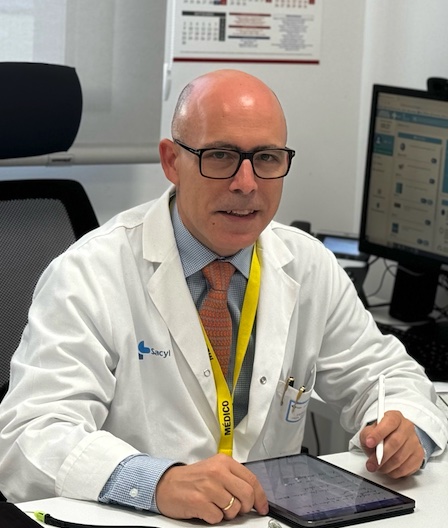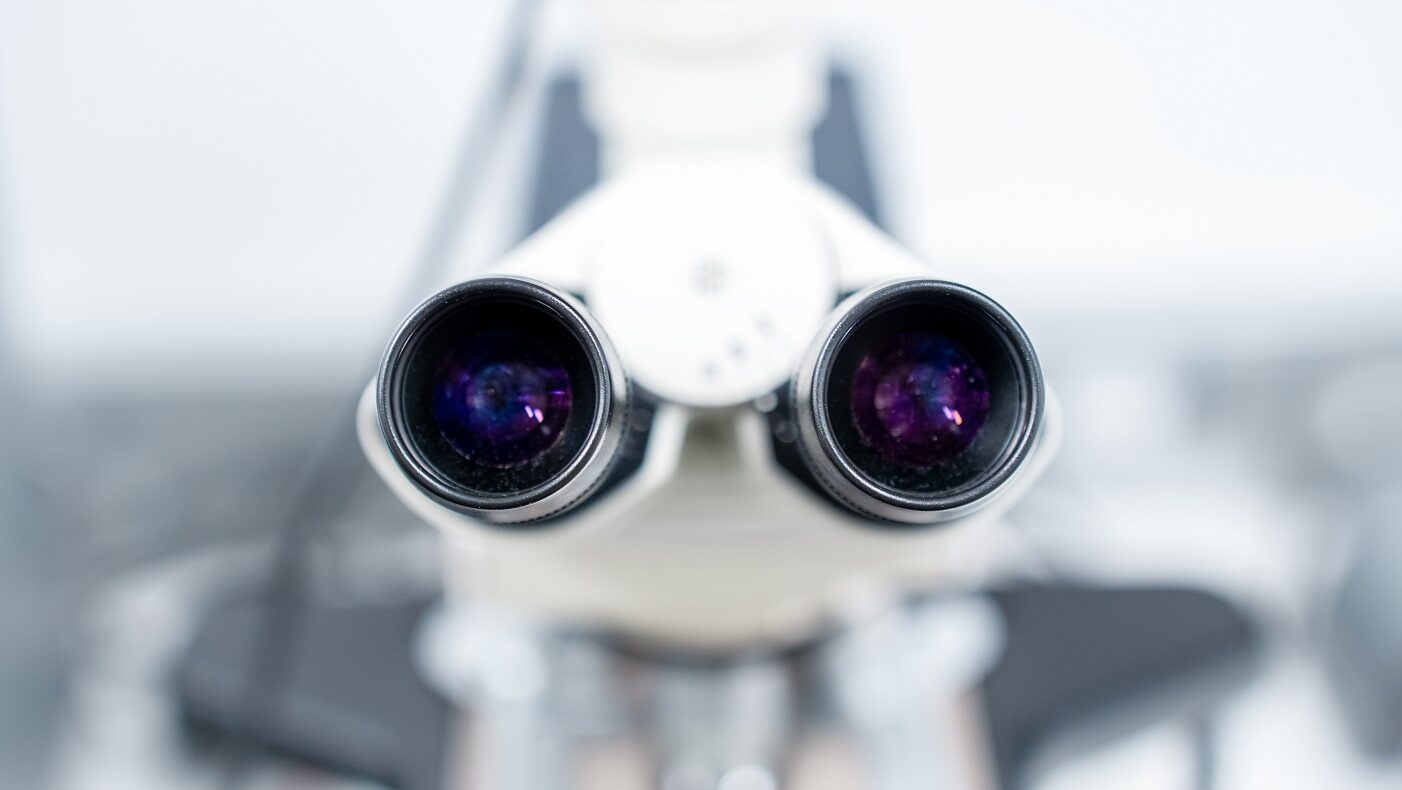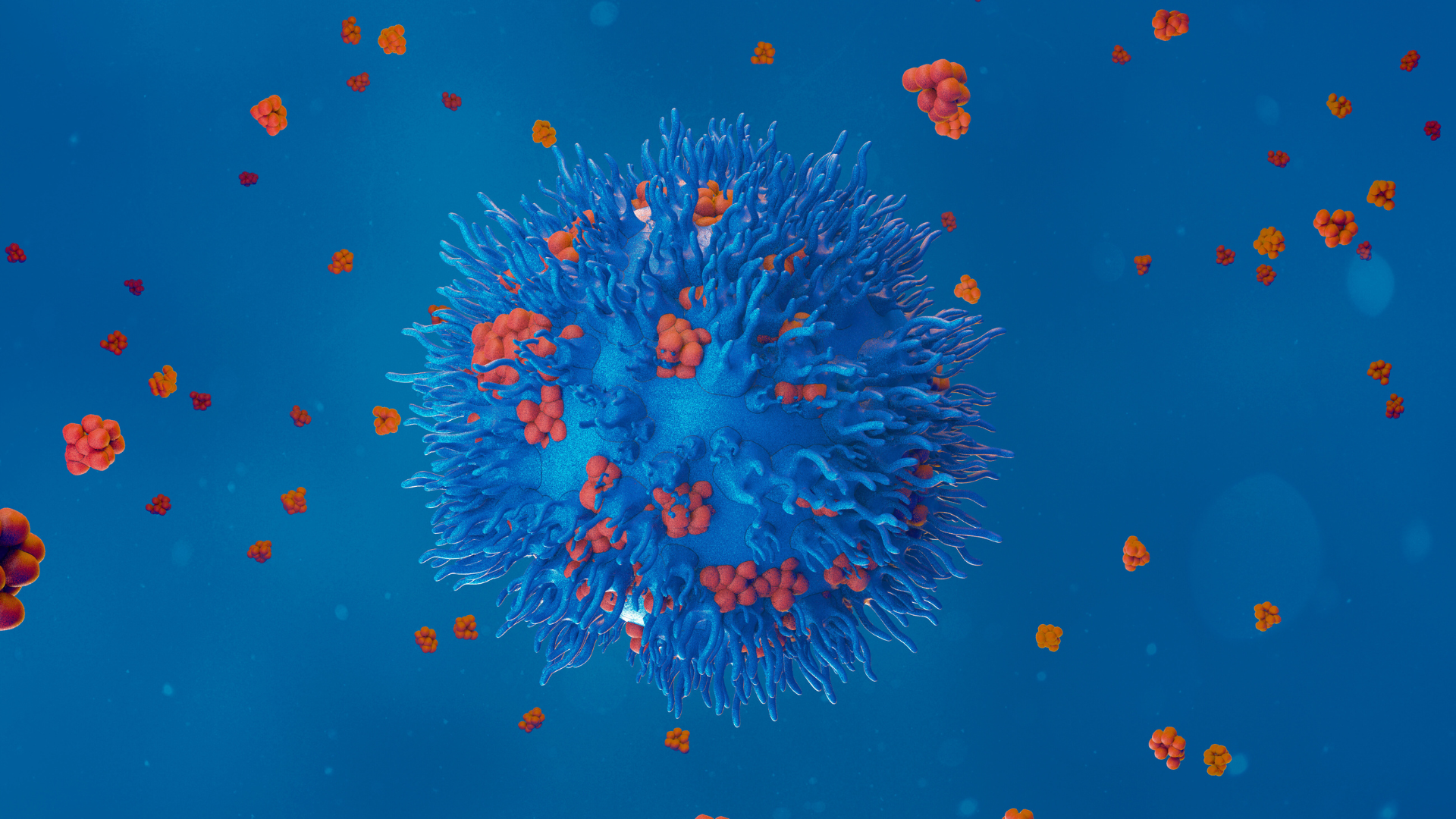The ‘Penphomet’ project, led by the technology company Trince and with the participation of the NecstGen laboratory, has been chosen by the European Innovation Council from among 257 applications to make cell therapy more accessible to patients.
This initiative “opens the possibility of exploring a new strategy for cell modification that could be enormously attractive for the next generation of advanced therapy drugs,” says Fermín Sánchez-Guijo, principal investigator of the Institute.
After a rigorous selection process by a panel of Trince experts, NecstGen and the Instituto de Investigación Biomédica de Salamanca (IBSAL) are proud to announce that their Penphomet project has been selected by the European Innovation Council (EIC) for a major grant of 2.5 million euros. Out of 257 eligible proposals, Penphomet is one of the 27 that have been awarded. Led by Trince, the consortium aims to revolutionize the manufacture of cell therapies by integrating nanotechnology, optics and microfluidics.
Cell therapy has shown promising results in cancer treatment, specifically using patient-derived cells, such as T cells and mesenchymal stromal cells (MSCs) that have been genetically modified to effectively target cancer cells.
The main objective of the Penphomet project is to develop a safer non-viral method for cell engineering with minimal impact on cell functionality and phenotype. The goal is to significantly reduce the costs associated with the manufacture of cell therapies.
Over three years, the project aims to deliver a fully automated, high-performance system that can be installed in centralized cell production facilities or integrated into point-of-care cell manufacturing equipment.
“We are grateful for the EIC’s support in funding the Penphomet project. It demonstrates that our innovative technology is addressing a crucial gap in the field of cell therapy,” asserts Philip Mathuis, CEO of Trince. “Together with our partners NecstGenh the IBSAL, we are committed to advancing the manufacturing of cell therapies, which will ultimately benefit patients and healthcare systems.”
“NecstGen is proud to be part of the Penphomet consortium , which supports the development of Trince’s innovative technology. Non-viral methods for cell engineering represent a potentially cost-saving route to cell engineering therapies. And promoting their use is important to the field of cell and gene therapy and to NecstGen’s mission of enabling patient access,” said Paul Bilars, CEO of NecstGen.
“For the IBSAL, and its participating entities (the University Hospital, the University of Salamanca and the CSIC) the Penphomet project opens the possibility of exploring a new strategy of cell modification that can be enormously attractive for the next generation of advanced therapy drugs, and we are very excited to be part of this initiative,” says Prof. Fermín Sánchez-Guijo, principal investigator of the IBSAL in this initiative.

Prof. Fermín Sánchez-Guijo, coordinator of the Gene, Cell and Transplant Therapy Area of the Institute of Biomedical Research of Salamanca (IBSAL).
The Penphomet project represents a significant advance in improving the accessibility and affordability of cell therapies, with the potential to have a far-reaching impact on the treatment of cancer and other diseases that are candidates for cell and gene therapy strategies.
The IBSAL
The Institute of Biomedical Research of Salamanca (IBSAL) was established on March 21, 2011 through an agreement signed by the Ministry of Health of the Regional Government of Castilla y León and the University of Salamanca, which was joined in February 2012 by the Spanish National Research Council (CSIC). It integrates and coordinates the biosanitary research carried out at the University Hospital of Salamanca, the Primary Care Management of Salamanca and the biosanitary area of the University of Salamanca, including the Institute of Neurosciences of Castilla y León and the Institute of Molecular and Cellular Biology of Cancer.
Its scientific activity is structured in six areas, with a total of 78 research groups: Cancer (22 groups); Cardiovascular (8); Neurosciences (12); Infectious, Inflammatory and Metabolic Diseases (17); Gene and Cell Therapy and Transplants (5) and Primary Care, Public Health and Pharmacology (14).
More information and contact:
comunicacion@ibsal.es




